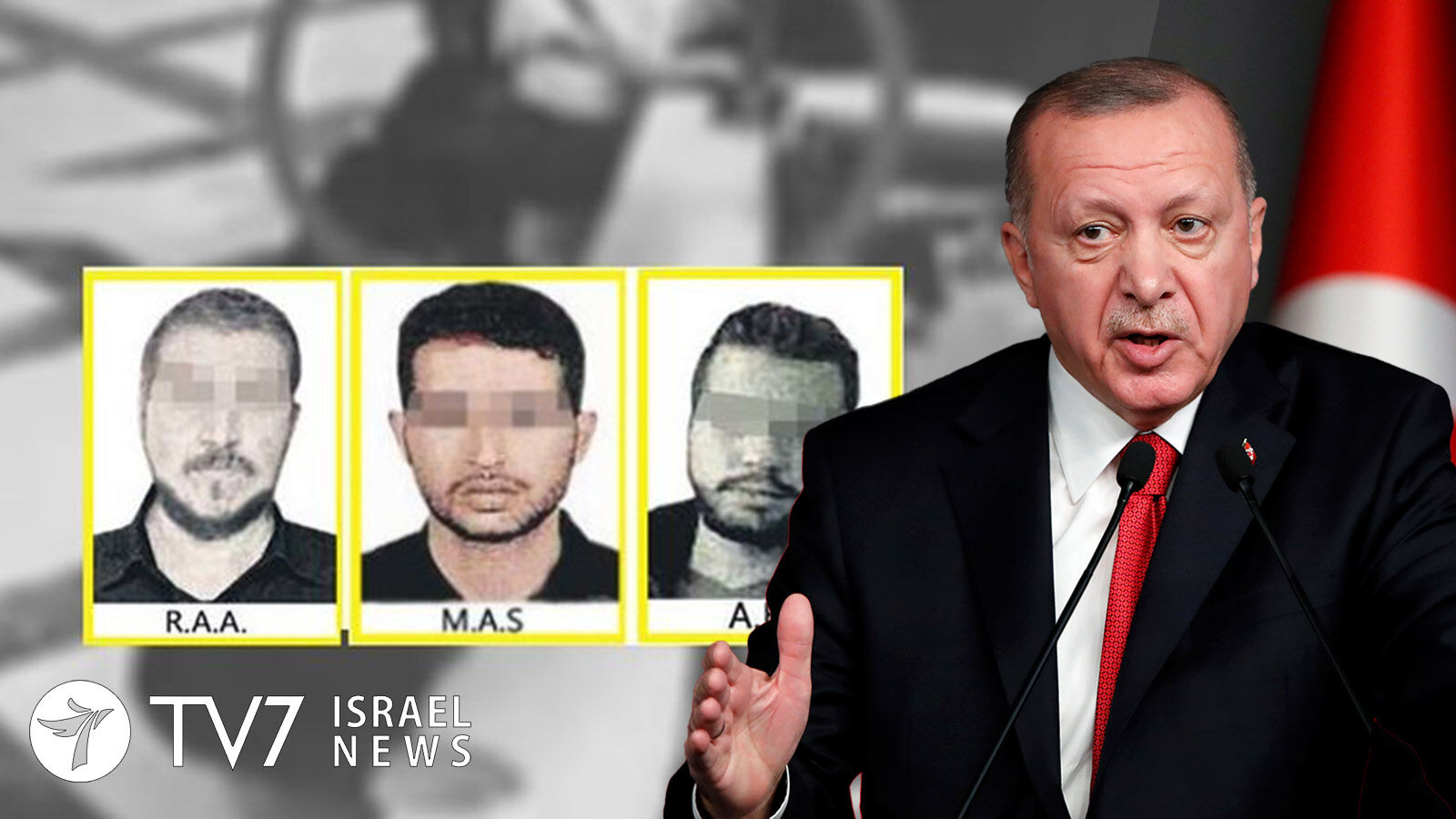There have been shockwaves throughout the region following the announcement that 15 Arab suspects were arrested by Turkish authorities on 7 October for allegedly spying on behalf of Israel’s Mossad intelligence agency.
By Erin Viner
5 separate rings of 3 members each were netted in a massive operation by a 200-member team of Turkey’s National Intelligence Organization (MIT), reported the Daily Sabah Turkish newspaper yesterday.
The MIT “exposed the network of operatives” active in 4 Turkish provinces after surveilling them in “for about a year, using technical and human-based intelligence methods.”
According to the paper, the spies covertly provided the Mossad with information on foreign students enrolled in Turkish universities, with particular focus on those planning on eventual careers in the defense industry. The cell members were paid varying amounts during meetings with their Mossad handlers abroad.
Citing what it called “leaked” statements from the Gaza-based “Martyr Gad Tayeh – Free Officers” organization, the Hamas-affiliated Palestinian Shehab news agency identified 7 of the detainees as “Palestinian intelligence agents” who went missing in September. 4 were said to be residents of Gaza and 3 from the West Bank, including one female.
Shehab charged that the Director of the Palestinian Authority (PA) General Intelligence Service Maj. Gen. Majid Faraj is responsible for the disappearance and arrest of the Palestinian suspects ahead of their possible assassinations, to further offset repeated Israeli attempts the extradite the 7 that had already been denied by Turkey.
“The report implied that because Israel is afraid of carrying out assassinations on Turkish territory, it handed over the task to Palestinian intelligence instead,” reported Israel’s Haaretz news agency.
Acknowledging that at 3 of the detainees are ‘missing Palestinians,’ the Turkish Sabah paper claimed that an agent known as “A.B.” had been “one of the most important members of the network and was entrusted with investigating the conditions of Palestinians living in Turkey” who disappeared “in Istanbul’s Maltepe district in June 2021 in an attempt to mislead security forces.” A.B. reportedly received $10,000 (€8,590.70) by his Israeli field officer called “A.Z” for espionage activities. Operative “R.A.A.” was reportedly paid separate payments of $1,000 (€859.07) and $1,200 (€1,030.88) during a series of meetings with his Mossad handlers in the Croatian capital Zagreb 7-28 June, while “M.A.S.” conveyed his information to Israeli intelligence agents during at least 2 trips to Zurich, Switzerland.
Turkey alleges that other information gathered by the network was sent via the encrypted Protonmail and SafeUM web-based programs in exchange for payments through Western Union, Moneygram, Bitcoin and other systems.
Israel has so far declined to comment on the matter, which is expected to widen upon the interrogation and indictment of the suspects.
There may be major fall-out over the arrests by the Islamist Hamas rulers of Gaza and the Fatah-led PA led by Mahmoud Abbas, as well as between both bitter Palestinian rivals with Turkey.
Sources at Gaza’s “Martyr Gad Tayeh Group” told Shehab news that “this case sparked a major crisis between the Palestinian Authority and Turkey,” and that Abbas had been summoned to Ankara for talks on 10 July with Turkish President Recep Tayip Erdoğan to “clarify matters and “improve the atmosphere due to the (stupid) behavior of Majid Faraj.”
Moreover, the Hamas-affiliated paper quoted the Gaza-based group noted that even though previous efforts to have Turkey drop the investigation failed, that it is insistent MIT not release findings of the completed investigation as not to “expose the existence of a controversial issue of this kind with any Palestinian party.”
Turkey has long been a defender of Palestinians, and Hamas boasts that it has a command post on Turkish soil. Since the rise in power by Erdoğan’s Justice and Development Party (AKP) party, Istanbul has abandoned its former warm relationship with Jerusalem evident during the 1990s.
